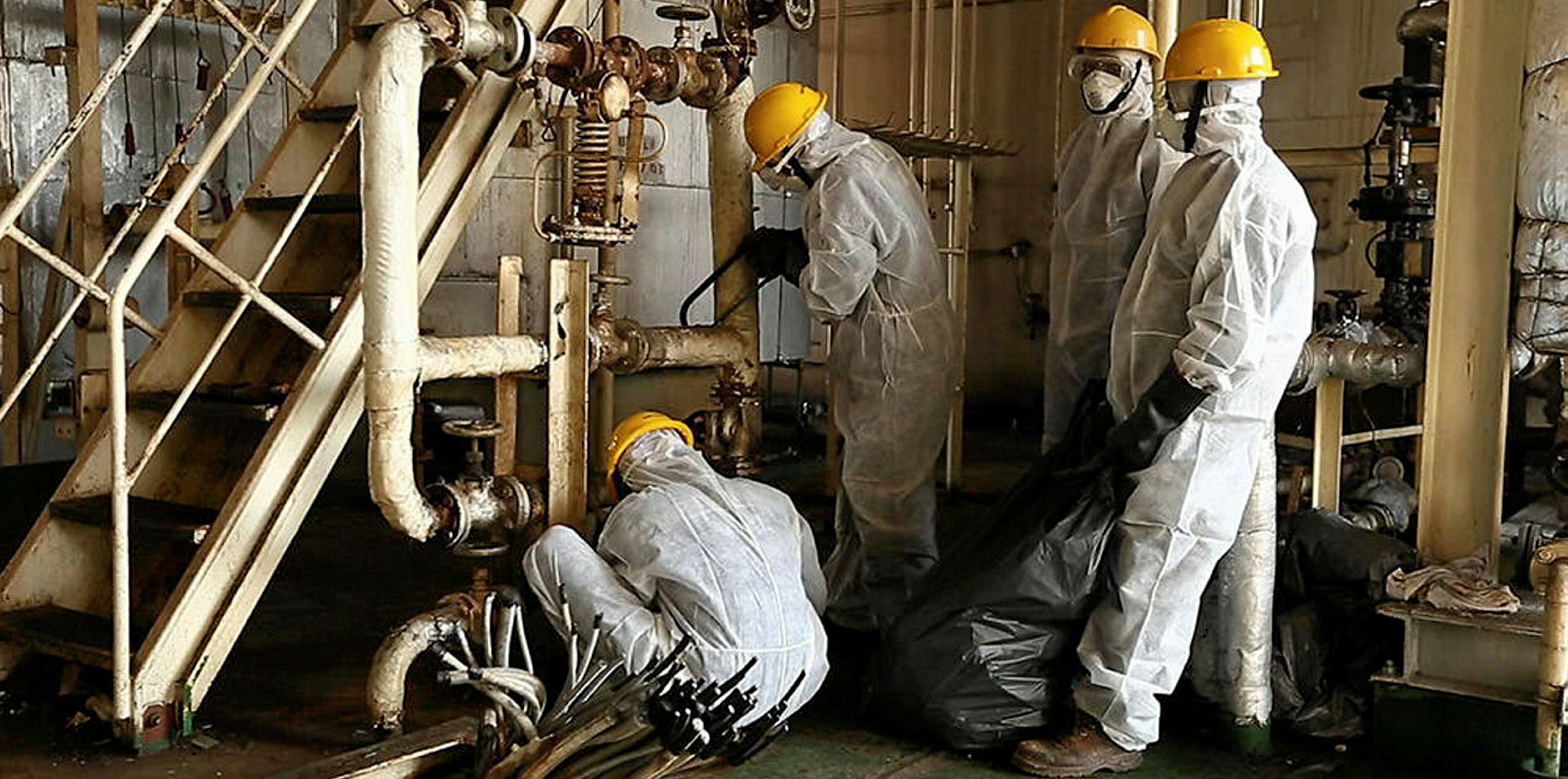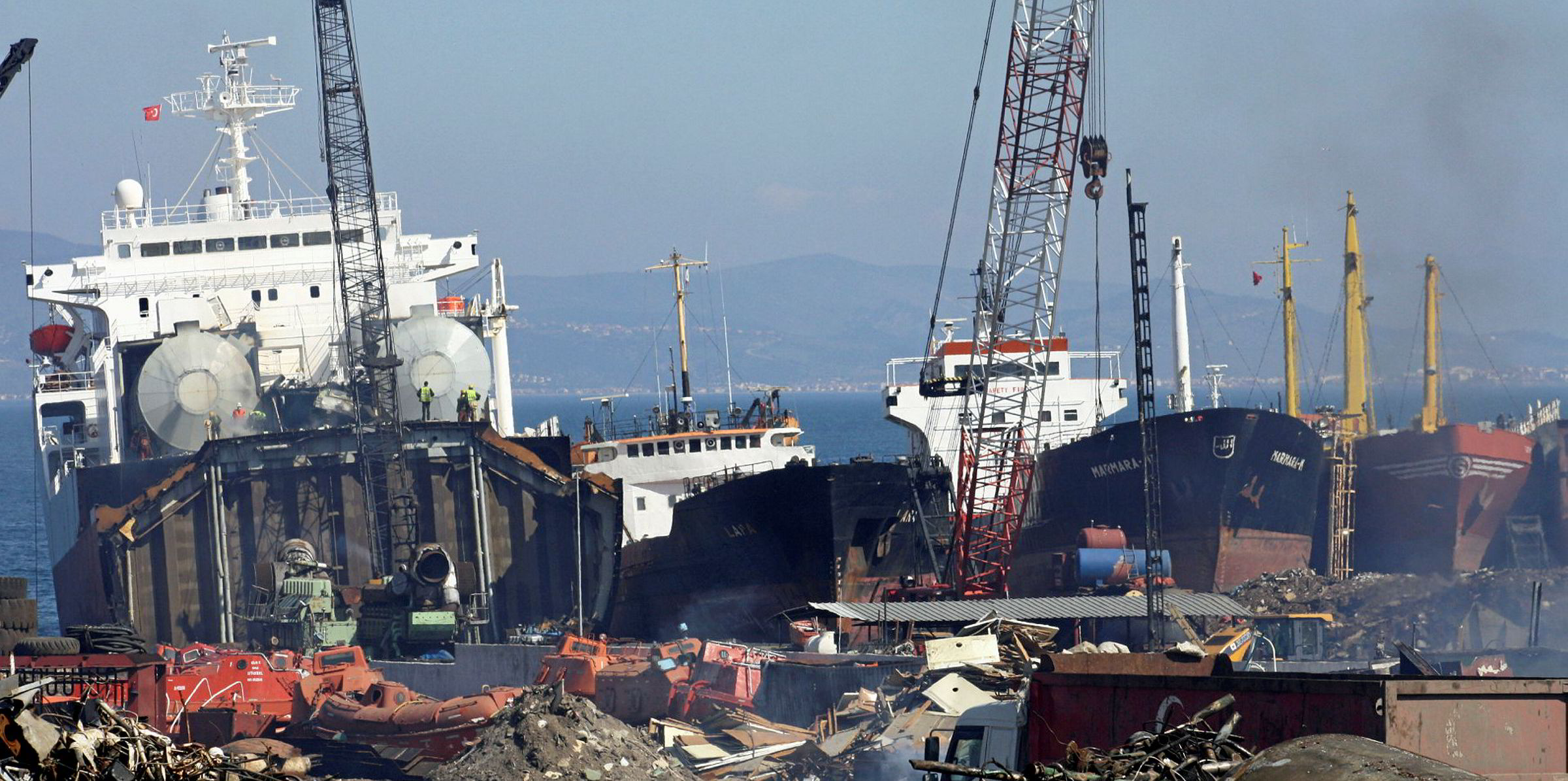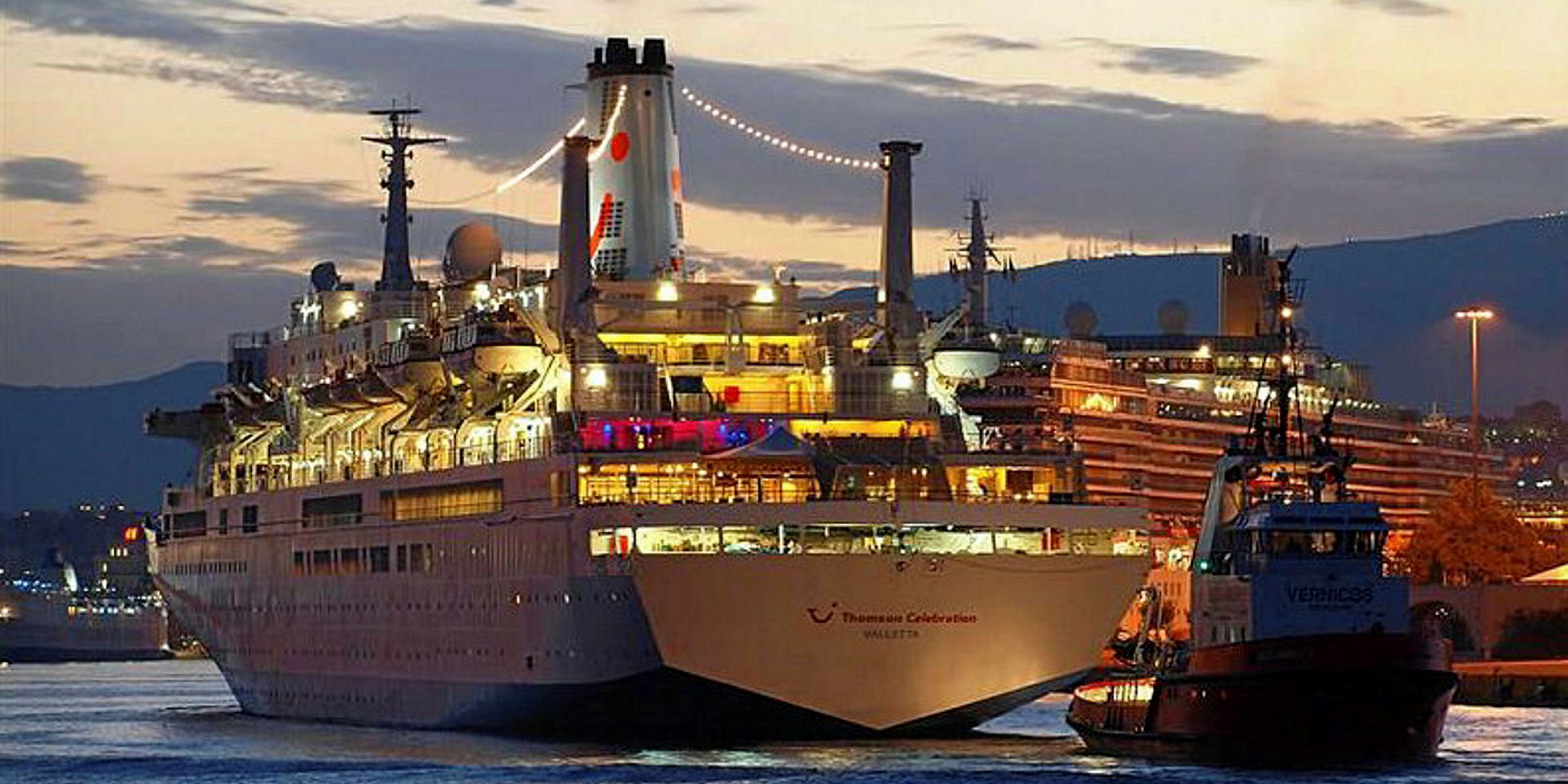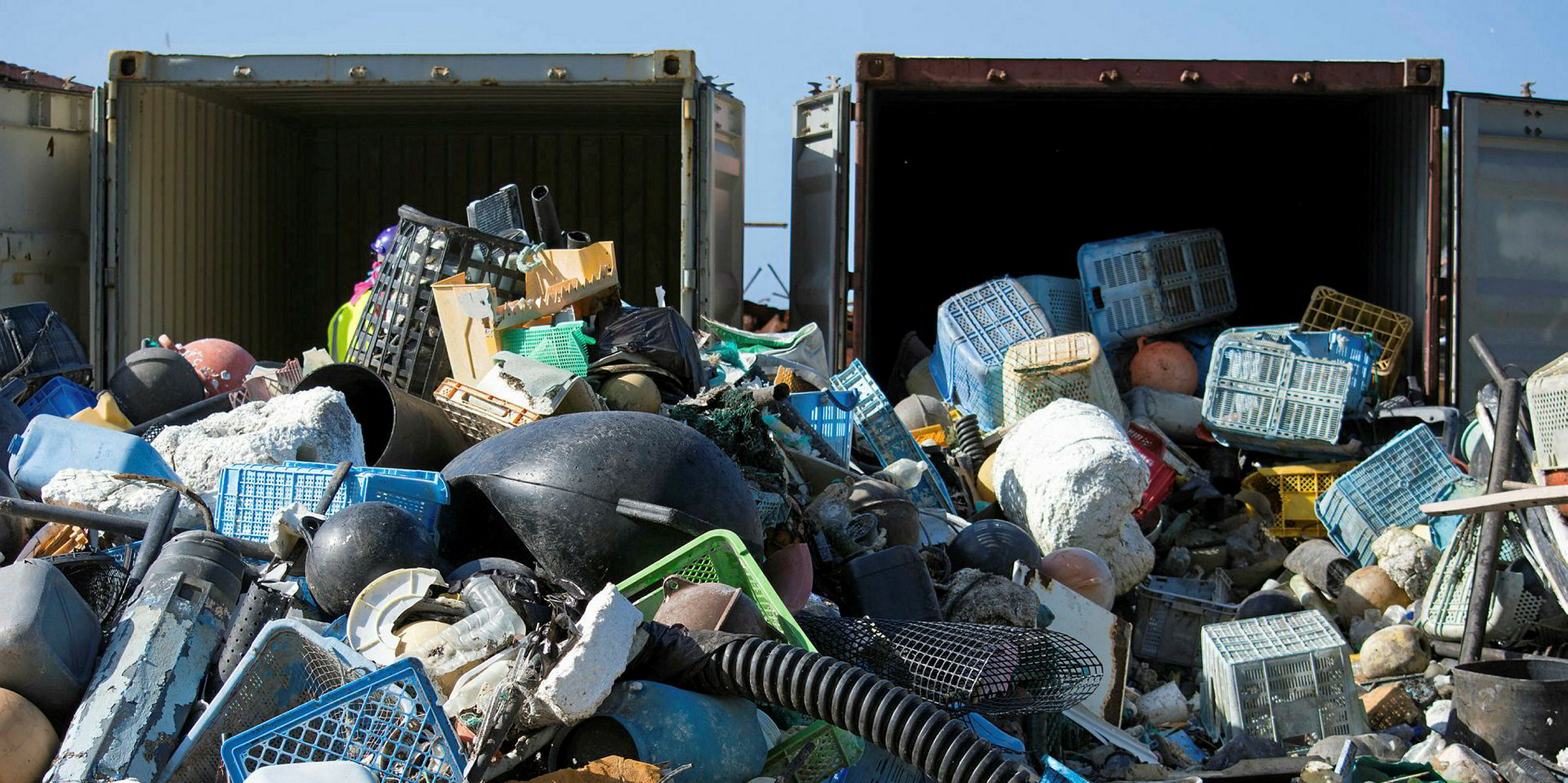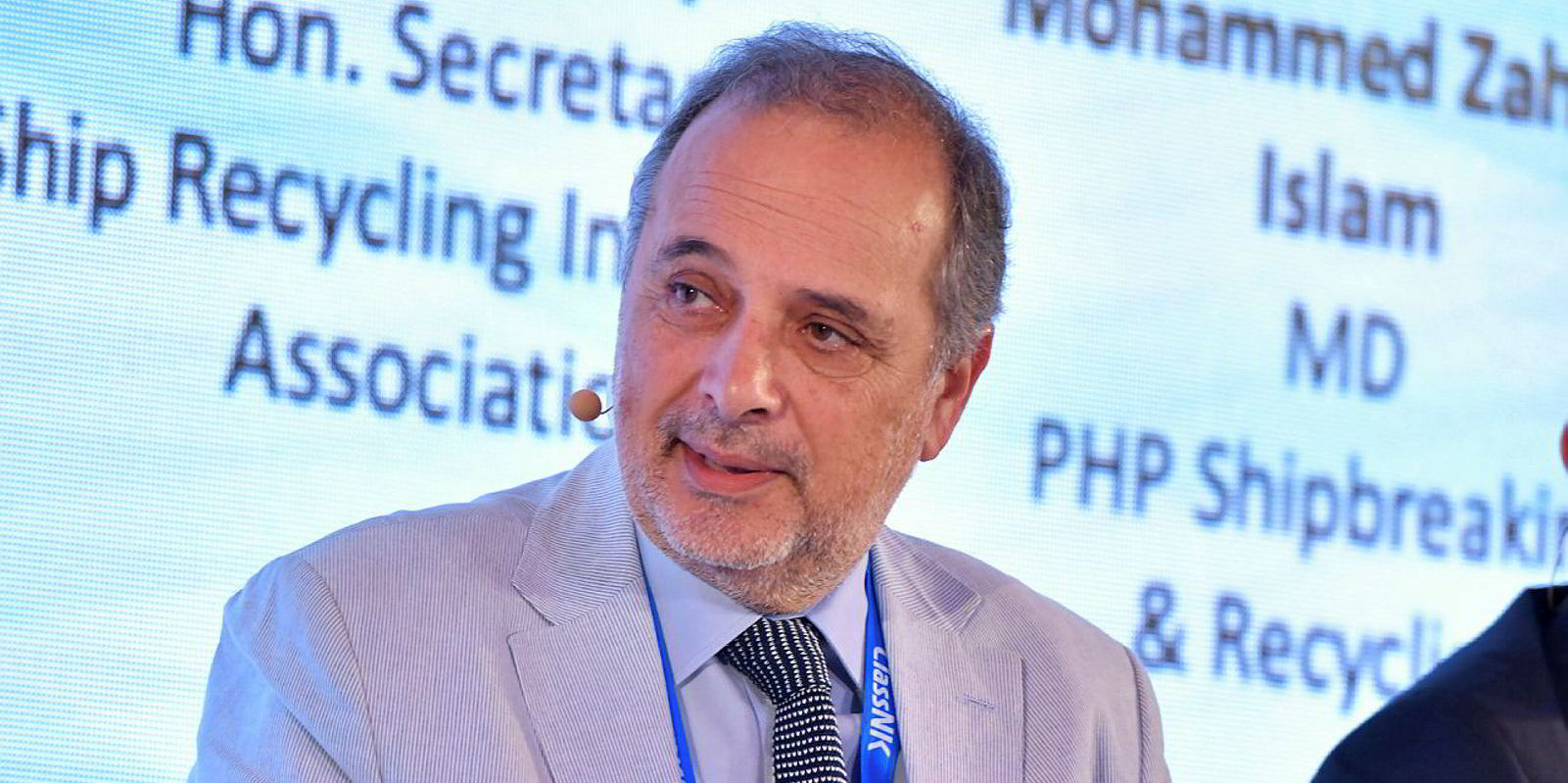Indian shipbreakers have been enjoying an unusually busy monsoon season as their investments in green recycling facilities start to pay off.
Data from cash buyer Best Oasis showed they acquired about 774,000 ldt of vessels between June and August, up a whopping 94% from 398,000 ldt in the same period of 2019.
The pent-up demand following a quiet second quarter turned Indian breaking facilities into “busy bees”, Bimco chief shipping analyst Peter Sand told TradeWinds.
Market players suggested that the Alang-based players came out in droves once the lockdown measures to contain Covid-19 were relaxed, taking advantage of low demolition rates amid growing environmental awareness of containership owners.
According to Best Oasis, the average scrapping rate in India was $313 per ldt in the three months, compared with $432 per ldt in the corresponding period of last year.
Of the 61 vessels sold to Indian breakers between June and August, 31 were boxships, nine vehicle carriers, seven tankers, seven bulkers, and seven other types of ships.
Most ended up with recycle facilities certified by the Hong Kong International Convention for the Safe and Environmentally Sound Recycling of Ships, the cash buyer said.
“The fact that what has been broken up in India has mainly been container ships does lend a bit of credence to Hong Kong Convention idea, as owners of box ships tend to go by green recycling more often than owners of tankers and bulkers,” Sand said.
Eco drive of big players
Other industry databases showed similar results. According to VesselsValue, Maersk and Evergreen Marine – two container lines that commit to green recycling via the Ship Recycling Transparency Initiative – together sold eight vessels for scrapping in July and August.
When contacted, Evergreen confirmed the 1,296-teu Uni Arise (built 1997) and the 4,211-teu Ever Deluxe and Ever Divine (both built 1998) were sold for scrapping at Hong Kong Convention-certified facilities in India as per company policy.
The Taiwanese owner is still in the bidding process of selling the 4,211-teu Ever Decent (built 1997).
In general, Hong Kong Convention-certified recyclers offer rates 5% to 10% lower than non-certified yards to recover their investments in eco friendly facilities, pending on certifiers and slot availability.
Brokers said that container lines, which have more chances of facing consumers directly, are more willing to adopt green recycling. Tanker and dry bulker owners, more involved in industrial shipping, tend to be less keen in such environmental initiatives.
“For large firms, the 5% discount is a cost for corporate social responsibility,” one of them said.
“The bulker and tanker owner pools are very diverse. Small owners are unlikely to commit to Hong Kong convention yards.”
Advantage to India
The Hong Kong Convention, which sets global safety and environmental standards for recycling practice, still needs more signatories to come into force.
Of the world’s main shipbreaking nations in South Asia, India remains the only one that has ratified this International Maritime Organization treaty.
The country has about 70 certified recycling facilities, compared with one in Bangladesh and none in Pakistan.
Some suggested the freight market dynamics worked in Indian breakers’ favour in recent months, with boxship owners keen to reduce capacity, and tanker and bulker owners more reluctant to scrap due to decent earnings prospects.
Clarksons Research data showed that 55 vessels were scrapped in India between June and August, 30 ships in Pakistan and 19 in Bangladesh.
“Indian yards have made far more investment and effort in upgrading their yards compared with Bangladesh and Pakistan,” said Jamie Dalzell, a senior trader with cash buyer GMS.
“They have had the foresight to see the possibilities to secure cheaper vessels with many owners now choosing or being compelled to sell for green recycling.”
Rajveer Singh Sethi, market manager of Priya Blue Industries, parent of Best Oasis, said he expected Indian breakers to remain competitive due to firm domestic steel prices.
While India has the second highest number of Covid-19 patients in the world, Sethi said all yards are operating at somewhere between 80% and 85% of their working capacity.
“There were delays due to shortage of labour and irregular rains but now…workers have started returning back to yards,” said Sethi, who company is one of the first Indian yard certified under the convention.
